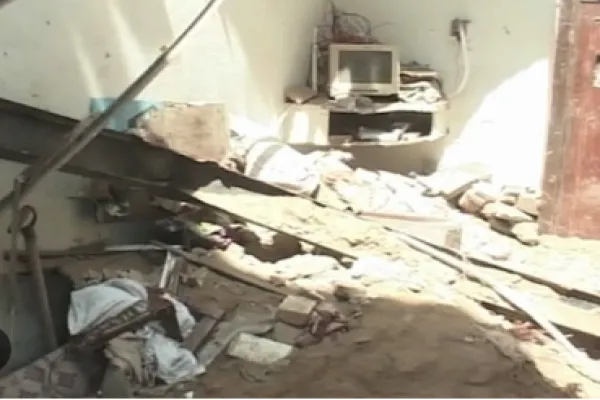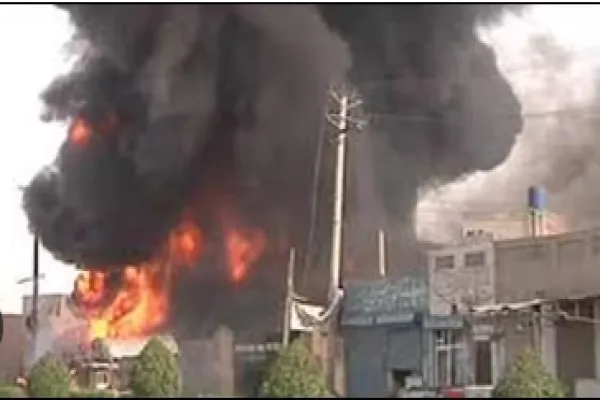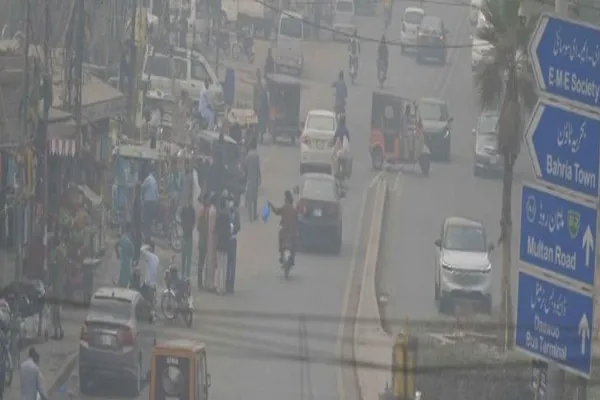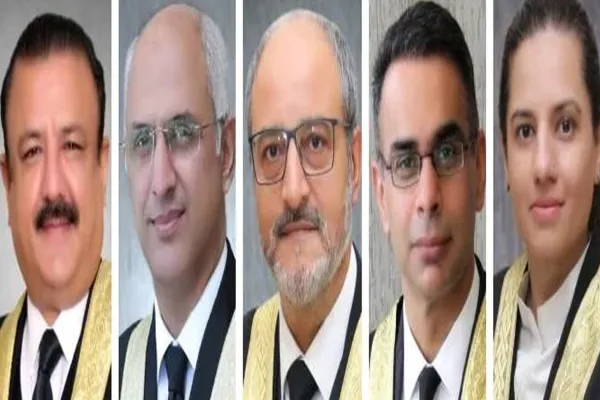i NEWS PAKISTAN
Prime Minister Muhammad Shehbaz Sharif, Saturday, said that the railway system in any country served as backbone of economy and communication network. Chairing an important meeting on the matters related to Pakistan Railways, at the PM’s House, the prime minister directed that legal and economic experts of international-standards should be engaged, particularly for the projects related to regional connectivity and international train links.
He further stressed that a public-private partnership model should be adopted for matters related to railway property and land. The prime minister also appreciated the steps taken towards restoration of the railways system and commended Minister for Railways Hanif Abbasi and his team for their work on the revival and up-gradation of Pakistan Railways. The meeting was attended by Minister for Railways Hanif Abbasi, Minister for Economic Affairs Ahad Khan Cheema and other senior government officials, PM Office Media Wing said in a press release.
The meeting was given a detailed briefing on the measures being taken to improve Pakistan Railways. It was informed that seven digital portals under ‘Rabta’ initiative were operational for the digitalization of Pakistan Railways, 56 trains had been shifted on it and 54 railway stations had been digitized. The participants were informed that free wi-fi facility was provided at Karachi, Lahore, Rawalpindi, and Faisalabad railway stations while an additional 48 stations would get free wi-fi service by 31 December this year.
It was further informed that an online freight booking system had been introduced. A pilot project for a digital weighing bridge was launched at Karachi City Railway Station whereas in the next phase, this facility would be extended at Pipri, Karachi Cantonment, Port Qasim, Lahore, and Rawalpindi stations. At Rawalpindi railway station, 148 AI-powered surveillance cameras had been installed. ATM machines of various banks were being installed at the railway stations.
To improve cleanliness standards, outsourcing was done while high-quality waiting areas were established at major railway stations for passengers, it was further added. The meeting was told that information desks at the railway stations had also been set up for passengers’ convenience. To improve the quality of food and beverages provided at railway stations, relevant food authorities from all the four provinces had been given access and oversight.
The meeting was informed that four trains had been outsourced, and advertisement was floated for outsourcing eleven more trains soon, which was expected to generate an additional revenue of Rs8.5 billion. Moreover, forty luggage and brake vans had also been outsourced, which was expected to provide an additional revenue of 820 million rupees. Outsourcing of two cargo express trains was also underway, expected to generate Rs6.3 billion in additional revenue.
The meeting was apprised that work was underway on outsourcing railway hospitals in Lahore, Karachi, Multan, Peshawar, Quetta, and Sukkur while outsourcing of railway schools, colleges, and rest houses was also continuing. The dry ports in Lahore, Islamabad, and Azakhail were also being outsourced. A total of 155 railway stations had been shifted to solar energy. It was told that Railway Constructions Pakistan Limited, Pakistan Railway Freight Transportation Company, and Pakistan Railway Advisory & Consultancy Services had been closed.
A plan was being formulated for the up-gradation of the Karachi–Kotri section of Main Line-1-K and Main Line-3. The meeting was briefed that work would be carried out with the Sindh government on the Thar Rail Connectivity project and the Islamabad-Tehran-Istanbul train would also begin operations soon. Preliminary work was also underway on the Kazakhstan–Uzbekistan–Afghanistan–Pakistan rail road project.
Credit: Independent News Pakistan (INP)









